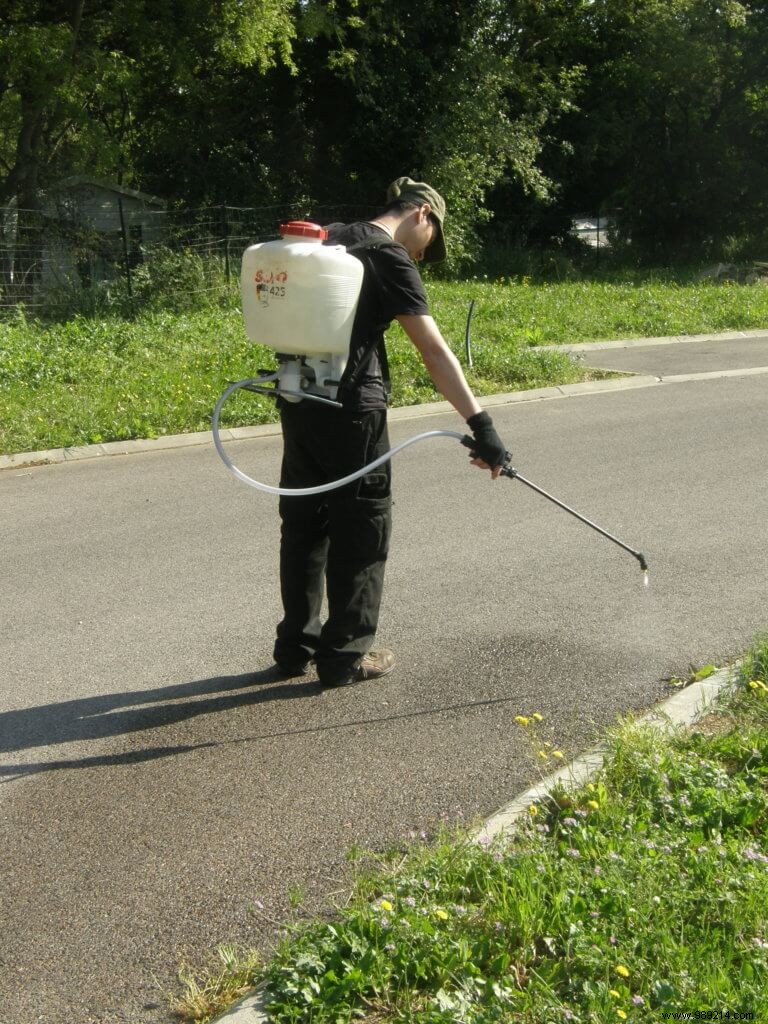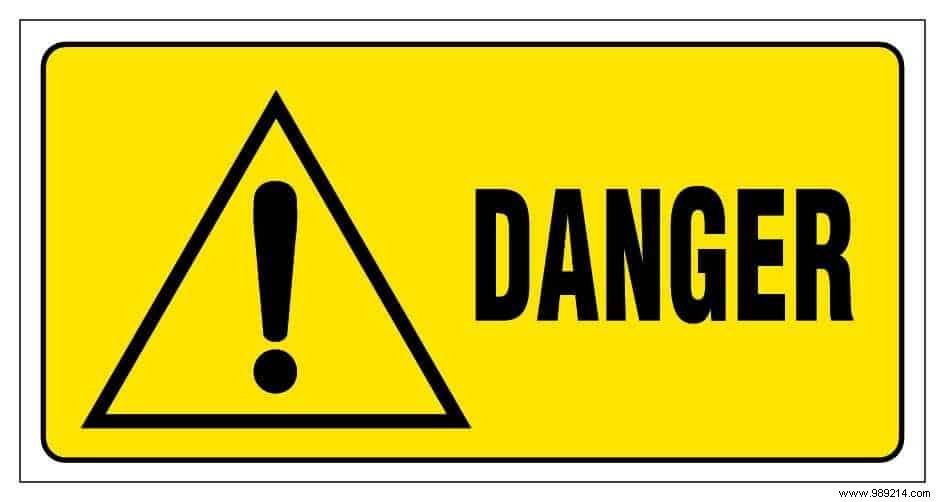The 1 st January 2019 will mark the end of the use of synthetic chemical pesticides in the gardens of amateur gardeners. Dangerous pesticides?
Here we are almost there. In a month, we will pass in 2019 and from the first day the ban on using a pesticide in a garden will be effective. It is true that on January 1, we will think of something else… But as soon as the New Year's Eve vapors have subsided, reality will take over. Get out of the garden synthetic chemical pesticides of all kinds:insecticides, acaricides, fungicides, herbicides, scrubbers...
It will always be 2000 tons less in nature, which represents "only" 2% of the pesticides used in France, against 8% by communities and the rest (90%) by conventional agriculture (76,000 tons, figure still up despite the 2008 Grenelle de l'Environnement which predicted a 50% drop by...2018! Missed!)
A pesticide (or plant protection product or phytosanitary ) is a product intended to destroy or slow down the growth of so-called undesirable plants, and to destroy organisms considered harmful to a crop.

Pesticides danger:Treatment on impermeable surface. A big mistake!
According to a report by the National Institute for Health Surveillance (InVS) published on March 14 (2011 NDA), the blood of French people contains three times more certain pesticides than that of Americans or Germans. http://www.journaldelenvironnement.net/article/pesticides-une-prise-de-sang-qui-fait-mal,22088

Danger
Phytosanitary products can contaminate the user and those around him through contact with the skin, when preparing the solution and/or when spraying and/or when cleaning the sprayer. But also by inhaling the vapors of the product even if the latter does not smell anything, by ingestion, when smoking, eating, chewing gum, or on the phone during the treatment!
The possible effects are migraines, nausea, skin irritations...but also increase the risk of cancer or neurological disease, damage the immune system, disrupt hormonal regulations or have adverse effects on reproduction...
I pollute. Causes adverse effects on organisms in the aquatic environment
In his defense, the amateur gardener has not received training on phytosanitary products, their actions, their dangers, their persistence (duration of action of the product) and the pre-harvest time (number of days to wait between treatment and harvest. There was a product against leek worm where the pre-harvest interval was 3 months! How many people have been poisoned by eating leeks from the garden… How to use and precautions to be taken are written on the package in small and sometimes confusing language for the uninitiated.
And it's customary when dealing with "forcing the dose" and finishing the spray "so you don't waste any product". But unfortunately, the spraying continues on plants that do not need it.
All this without personal protective equipment (PPE). And what about following safety instructions when spraying or cleaning equipment.
A survey conducted by the FREDON des Hauts de France in 2009 (it's a bit old but the figures must not have changed much…) shows that amateur gardeners do not really realize the toxicity of the treatment products they use in their garden;
Pesticide Danger
The errors of practice due to beliefs are many:
Not to mention the 8% who do the assay "randomly". On average per hectare, the gardener applies 3 times more pesticides than a farmer! 8% of individuals do not wash their hands after treatment, 91% do not take a shower...
Banning the use of synthetic chemical pesticides in gardens is a step in the right direction. There are alternatives. V ou will find on this site some advice, tips and tricks to save your crops without poisoning yourself. Still, it would be necessary that you do not have as a neighbor the one I met in a store in the phyto department. He would say to anyone who would listen, "If there aren't any left, it doesn't matter, I'll go get them in Spain!" »
It is high time for Europe to harmonize!
This article is strongly inspired by the booklet produced by the FREDON Nord-Pas-de-Calais (Haut de France) FREDON :Regional Federation for the Defense against Harmful Organisms